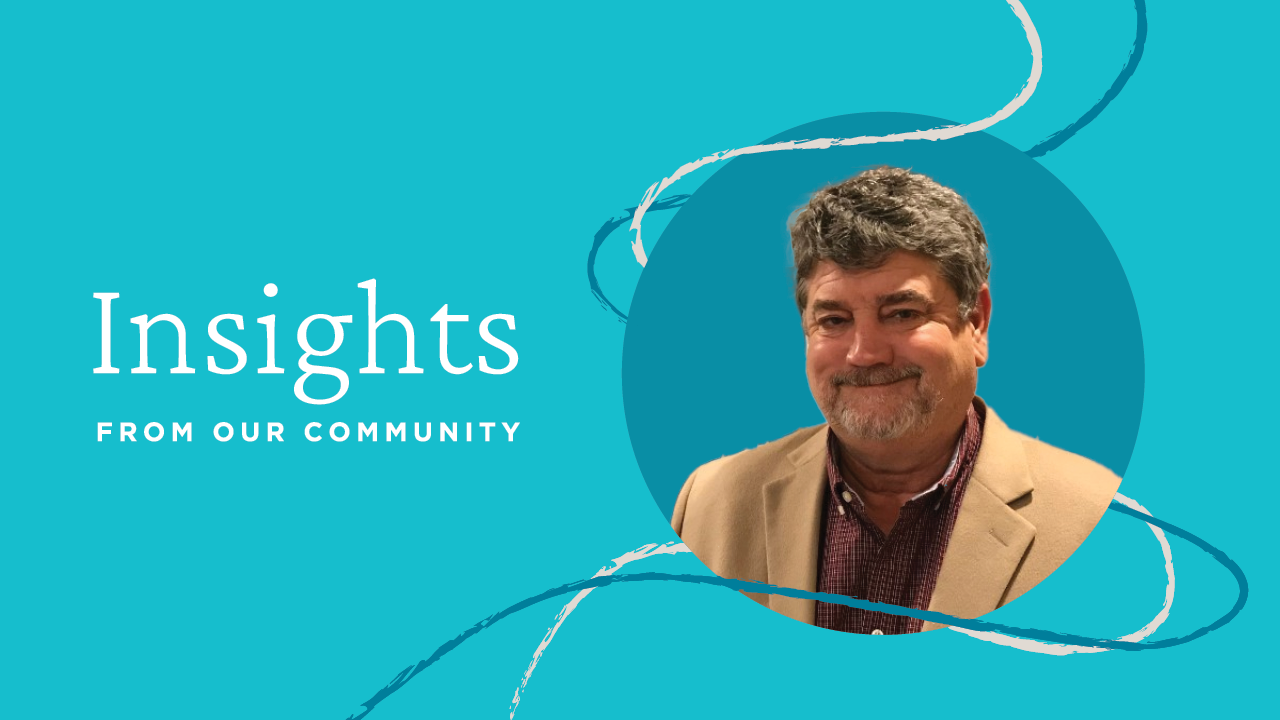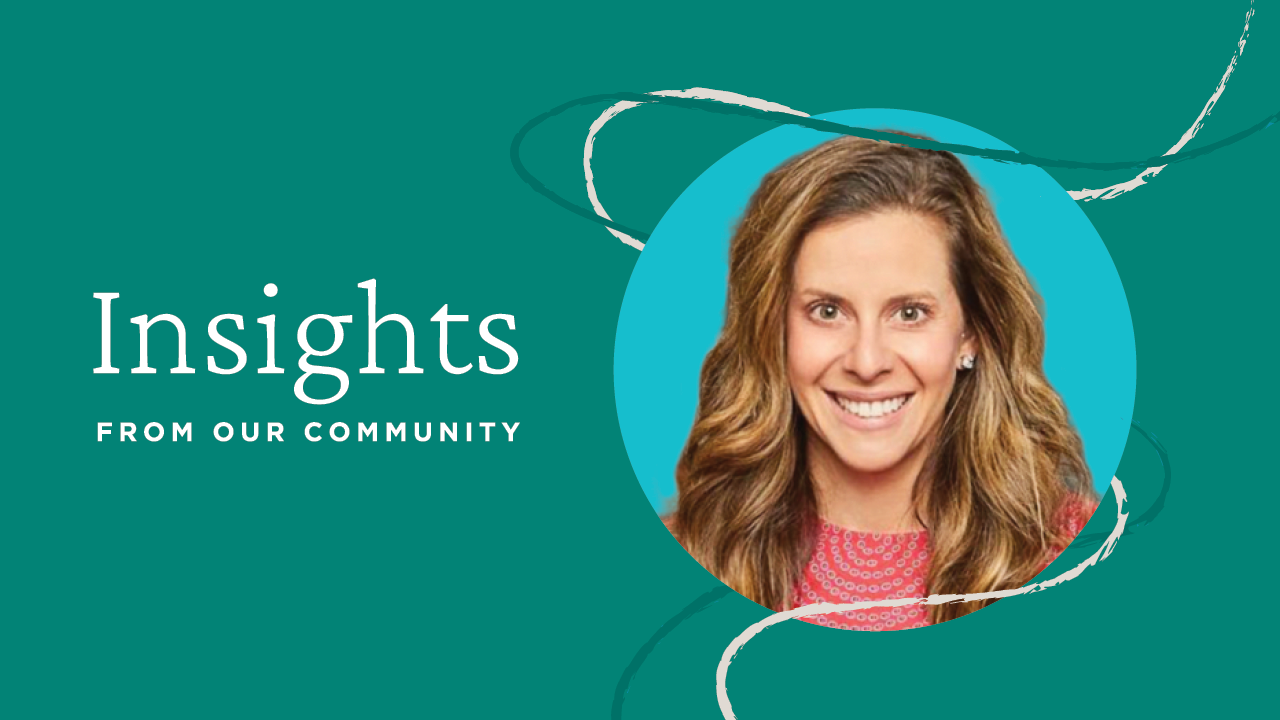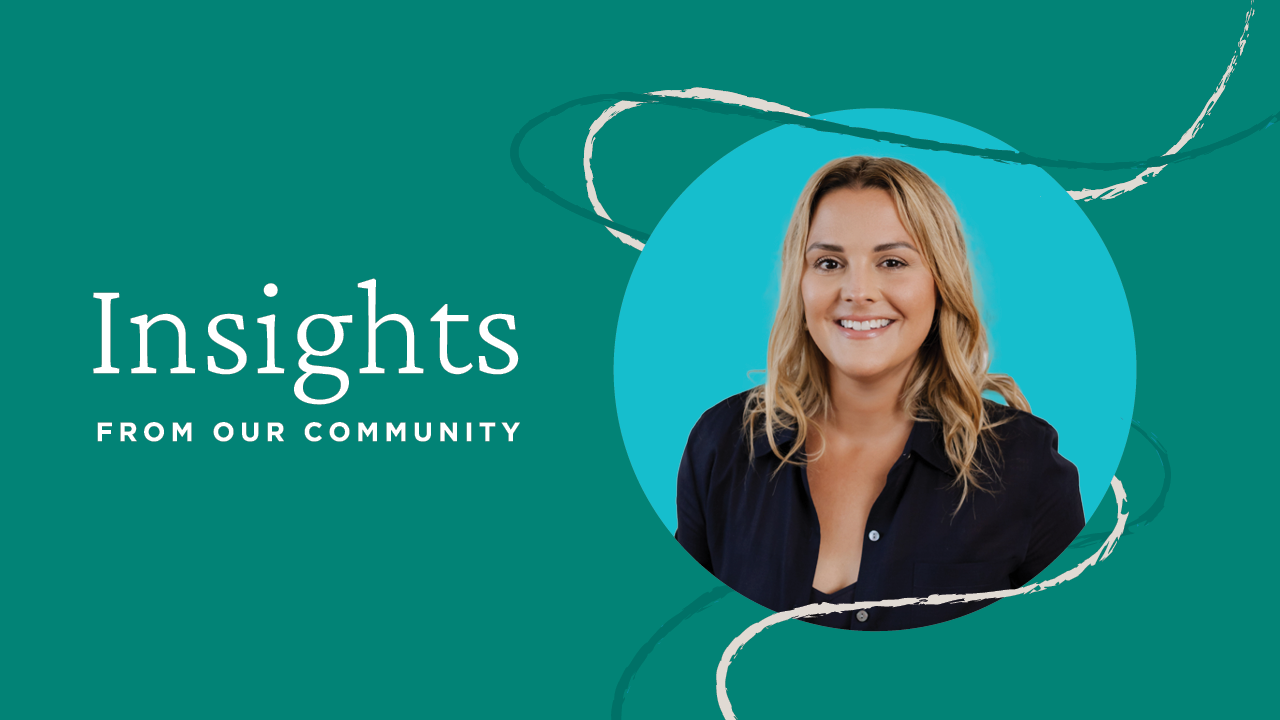On June 21, 2022, Andrew Connor, director and founder of the Center for Community Ownership (CCO) was interviewed by Michael Higgs, our Programs Specialist, to cover the topic of community ownership, providing insights into what it takes to create community-owned enterprises, examples of how the CCO is helping communities meet their economic development goals, different ways this approach can be implemented, and how businesses in the Conscious Capitalism community can support these efforts.
From this conversation, we’re offering five things we think Conscious Capitalists should know about the unique model of community ownership.
1. Community ownership can remedy market shortcomings in low-income communities.
The population that the CCO strives to uplift are the numerous communities across the United States that are not being adequately served by chain stores, traditional investors, or well-resourced entrepreneurs.
This hole provides a real opportunity for everyday residents to take matters into their own hands and to assume control of the economic, social, and public health of their communities. According to Andrew, with community-owned enterprises, residents “don’t have to wait around for a chain store to decide to relocate there, they don’t need to ask for a handout,” and instead, “they can pool their capital and their resources to create community-owned enterprises to serve their needs, improve their communities, and so forth.”
This means that when grocery stores close, or a community has long found themselves without many options for quality foods, residents can come together to secure the resources they need to create or re-establish food security for individuals and families. It also means that business owners who are looking to retire or exit but don’t have a transition plan can ensure their business continues to thrive and serve their communities once they have moved on.
2. Low-income communities have more resources than you may think.
Many people consider the income of individual households when they think about the wealth of a neighborhood, but Andrew and the CCO take a more holistic approach:
“Some small population zip codes that are considered low wealth have tens of millions of dollars sitting collectively in bank accounts, but it’s just distributed … coming together and pulling those resources together really can provide the capital—and there’s always personal resources and experience in those communities—to make this kind of thing happen.”
The dollar amount of each household’s worth within the community ownership model is important, but not as important as the value of a large number of households pooling their financial, social, and professional resources to bring their vision for a brighter, more economically stable community to life.
3. There are a number of adjacent types of community-owned enterprises that can be combined to create a model unique to the needs of any community.
Most business owners are actually already familiar with the types of community-owned enterprises in existence.
There are C corps, employee-owned (EO), or worker-owned, enterprises, and cooperatives. The CCO works to either employ their model of community-ownership or create a hybrid model that more closely meets the needs of those in a given community coming together to create a new business.
For Andrew, the ethos of the CCO is “to keep it as simple as possible, as familiar as possible, to keep that administrative and cost burden down, to make it easier to communicate with people.”
So if that means designing a setup where employee owners have decision-making control of a business, as is the case in the EO model, while community owners are in charge of the capital raising and financial resources, as in under the CO model, the CCO actively works with residents to create the model most effective for them.
4. Community ownership creates business that will be locally-owned for the long haul.
With the amount of support, resources, and successors available in a community-owned business model, communities can meet their economic development goals while building real long-term financial wealth:
“A business that has 300 community owners, you’d better believe that the breadth of support and the community’s literal and figurative investment in the success of that [enterprise] and all of the things you can draw, in terms of experience and their personal networks and their professional expertise… creates is a business that is going to be locally owned forever and is incredibly solid and has a really broad foundation.”
5. Conscious business can, and should, help in these efforts.
For one, businesses can help motivate community members and volunteer consulting services to help them get their feet under them: “If [businesses] identify that their local economy has a hole in it, they can play a really good role in motivating the community, catalyzing support … to mobilize the community.”
It’s a valuable opportunity for leaders and their staff to volunteer their time in support of providing administrative assistance and professional services to help their businesses grow and thrive. Businesses can also financially invest in seeing these businesses exceed their potential.
6. While unique, community ownership is a clear and definite model of the potential of capitalism to elevate humanity through business.
Andrew says it best when he explained that, community ownership is a form of “capitalism that integrates a lot of the things that people who might be capitalism-skeptic [specifically, of the] disregard for community well-being, disconnection or alienation, things that capitalism is often accused of fostering or cultivating … this is something that, in my mind, takes all of the familiar tools in capitalism … and uses a very non-radical approach to achieve things that are pretty radical and transformative.”
“What the community cares about, this business can care about, what the community wants to do, they have control over this business, so if you don’t like it, change it.”
“It is capitalism that should be about as easy to become literally and figuratively invested in and supportive of as anything. It is fully accountable, so what the community cares about, this business can care about, what the community wants to do, they have control over this business, so if you don’t like it, change it. It’s using the power and the freedom and openness of capitalism to be in direct service of what the community wants, needs, and desires.”
To get the full conversation, watch the recording of this virtual gathering.
Our Virtual Gatherings are designed for business leaders, investors, and advocates who are looking to level-up their practice by learning from and connecting with Conscious Capitalists around the world.


